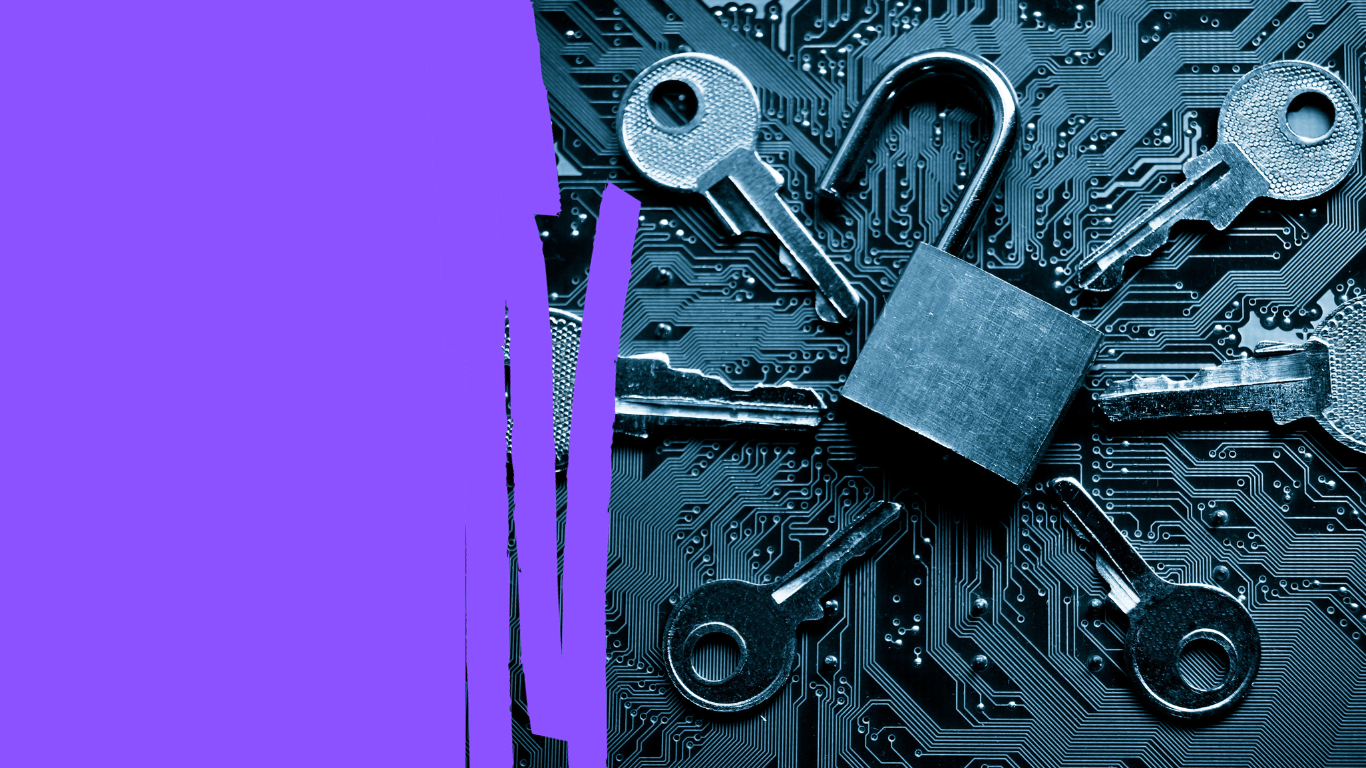HIPAA Breach Reporting: Protecting Patient Privacy in Healthcare
HIPAA breach reporting may not be the most exciting topic, but it’s vital to safeguarding patient information in the healthcare industry. Breaches are undesirable but can occur unintentionally, especially when managing a healthcare practice’s daily operations. As a healthcare professional, it’s essential to be aware of the requirements for HIPAA compliance and understand the protocols for reporting breaches. This post offers a basic view of HIPAA breach reporting and highlights the importance of staying informed to safeguard your practice and patients.
Understanding the Role of a HIPAA Officer
If you’re new to running a healthcare practice, you may not be fully aware of the role of a HIPAA officer. This individual is responsible for understanding all HIPAA requirements, including breach reporting, security, privacy, internal protocols, and necessary paperwork. They play a crucial role in ensuring your practice complies with HIPAA regulations, helping to mitigate potential risks and liabilities.
Unintentional HIPAA Breaches
We’re all human, and sometimes mistakes happen. In the healthcare setting, it’s not uncommon for unintentional HIPAA breaches to occur. You may accidentally send an unsecured email containing protected health information (PHI) or fax documents to the wrong number. While these incidents might seem minor, they must be recorded and reported.
Steps to Report a HIPAA Breach
If you or an employee identifies a HIPAA violation, you must report it immediately to your internal HIPAA officer or privacy officer. They’ll document the incident, ask necessary questions, and create an incident report to understand what happened and how to prevent it in the future. Additionally, the affected patient(s) must be notified in writing, following specific requirements outlined in the HIPAA Act.
Recording HIPAA Breaches
Maintaining accurate records of all HIPAA breaches is crucial throughout the calendar year. At the end of the year, the Secretary of Health and Human Services (HHS) requires reporting these breaches within 60 calendar days. Proper internal recording and documentation help track incidents and demonstrate your commitment to compliance.
Large HIPAA Breaches
If a breach involves more than 500 patients, it falls into a large HIPAA breach category with additional reporting requirements. Such incidents must be reported to the media and HHS within a shorter timeframe, as they are taken very seriously due to the scale of the potential impact on patients’ privacy.
Importance of Compliance and Staff Training
Understanding HIPAA compliance is vital for any practice owner or manager. Ignorance is not an excuse for breaches; failure to comply can result in severe consequences. Properly training your staff on HIPAA protocols ensures that everyone involved in patient care is aware of their responsibilities and helps maintain the privacy and security of PHI.
HIPAA breach reporting may not be enjoyable, but it’s indispensable to healthcare practice management. Understanding the requirements, protocols, and potential repercussions is crucial to protecting your patients and practice. Stay informed, follow the guidelines, and appoint a trusted HIPAA officer to ensure compliance and maintain patient trust. By prioritizing patient privacy, you contribute to building a safer and more secure healthcare environment for everyone. If you found this blog post helpful, consider sharing it with others who may benefit from this essential information. Let’s work together to keep patient data safe and secure. Stay healthy!
